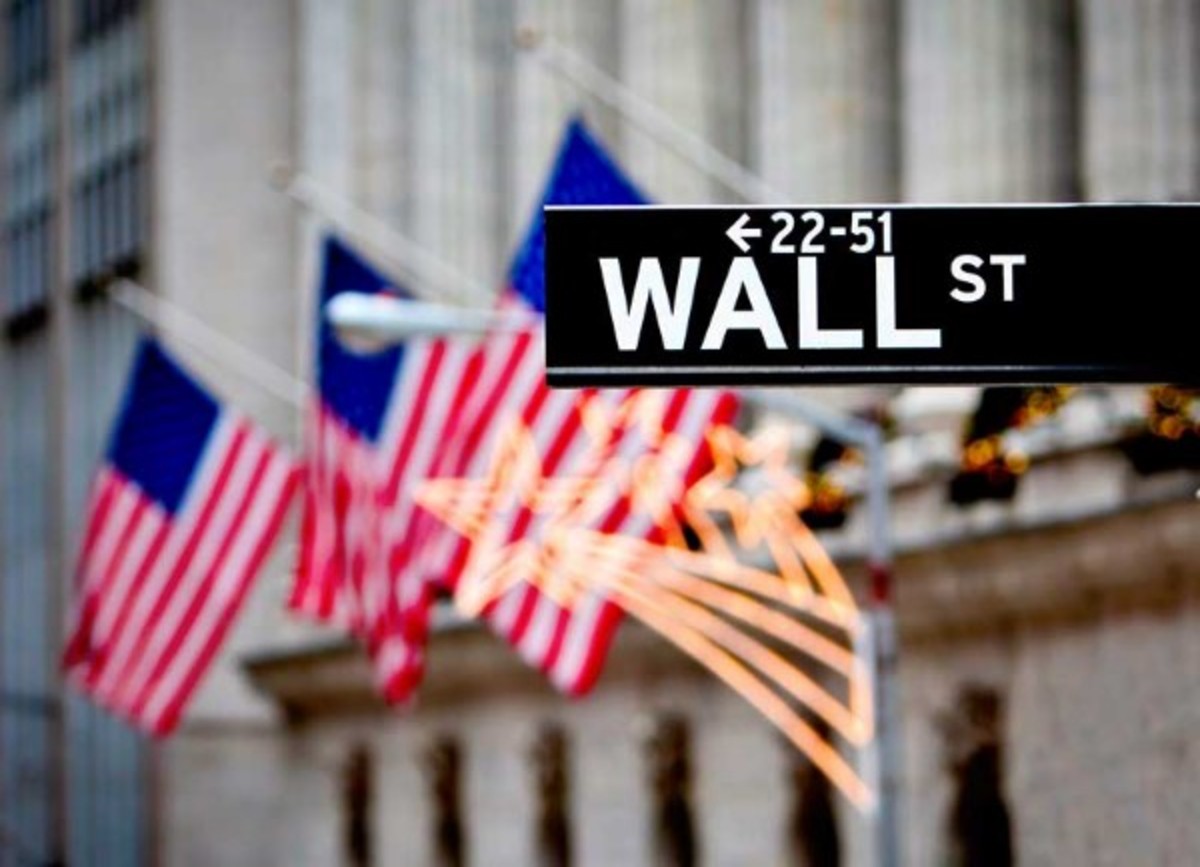Global finance, future risks from shadow banks and real estate funds
Shadow banks and real estate investments in funds and credit institutions could be the new potential risks for global finance, according to many financial analysts. The financial upheaval of a few weeks ago with the collapse of Silicon Valley and Signature Bank in the United States and Credit Suisse in Europe seems, for the moment, to have been set aside, bringing calm to the world stock exchanges. However, all this upheaval has not passed without a trace. The value of lenders has not returned to previous levels and credit continues to remain scarce and expensive. But what’s worse is that the shock has alerted investors and experts to research where the next threats could come from in a complicated economic moment and on the verge of a possible recession. SVB’s collapse came as a surprise. Nobody was thinking of a crack in the heart of hyperactive Silicon Valley.
Global finance, what are the next risks?
But what will happen now? Confidence in the financial system will be low for some time as observers fear “air pockets” in unexpected areas. Criticisms very similar to those of British pension plans, which triggered the flop of tax cuts by former Prime Minister Liz Truss or the collapse of the Archegos Capital family office. “This widespread instability – some careful analysts say – could be a painful process of natural adjustment born of the end of years of available and inexpensive money”. Future financial instabilities could arise outside the banking system. For example in the so-called shadow banking system. A sector that has taken on much riskier financial intermediation tasks than banks, operating with high leverage, with structural liquidity imbalances and a significant risk to the quality of assets.
World finance, the opinions of financial analysts
Jérémie Boudinet, head of investment grade credit at La Française AM, underlines this fact by saying that “the real risk of contagion from what happened in US and Swiss banks is in shadow banks (innovators in financial markets, able to finance loans for real estate and other purposes, but without the normal regulatory oversight and capital and liquidity buffer rules required of traditional creditors). Regulators should pay closer attention to these realities rather than the already well-capitalised and regulated US and European banks. Basel III regulation and subsequent banking regulations around the world forced banks to significantly deleverage by banning commitments in high-risk assets (venture capital, private lending, holding shares). All of this “risk” has thus been transferred to the “shadow banking” sector, operating with under-regulated companies. A warning about the vulnerability of venture capital was issued a few months ago by the US real estate investment giant Blackstone. Twice BS has limited withdrawals from its Blackstone Real Estate Income Trust warning of liquidity problems that could arise in the real estate sector. The same operation was made by the venture capital fund KKR.
Global finance, after decades of low rates there could be many negative surprises
In the transition from years of low rates to years of high rates, there could be many surprises with some economic operators in serious difficulty. The giant Nomura pointed out that “when there is turbulence in the banking market, iCommercial and residential real estate, consumer loans and classic securitization portfolios tend to be hardest hit. In any case, the majority of analysts believe that the shadow banking system appears to be a source of risk. Even if the classic banking activity, the one dedicated to mortgages and real estate loans, will continue to cause concern. In the United States, small regional banks concentrate 65% of their loans in the real estate sector (15% in the largest banks). On the positive side, however, tend to avoid comparisons between the current situation and that of 2008. The big US banks have been hyper-regulated since the global financial crisis and European banks appear to be in better shape than US regional banks. All of this can make us “moderately” optimistic about our ability to defend ourselves against the next inevitable financial turbulence to come.
Subscribe to the newsletter
